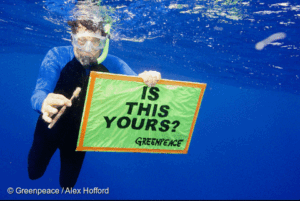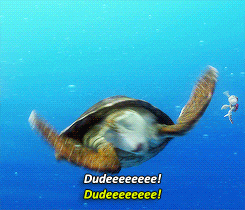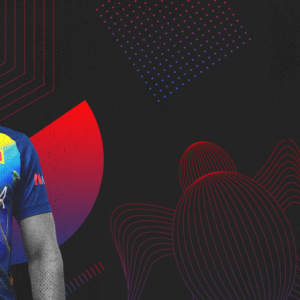MAS, the Sri Lankan apparel giant, has taken a giant leap forward in sustainable business practices by creating garments using polyester made from recycled plastic waste that once littered Sri Lanka’s shorelines. The most visible of these garments is undoubtedly the Sri Lanka Cricket official jersey for the ICC World Cup 2019, which was launched with much fanfare recently in association with Sri Lanka Cricket, the Sri Lanka Navy and Eco Spindles.
The Ocean Plastic Pollution Problem
Sri Lanka is one of the world’s biggest ocean plastic polluters and this initiative to recycle ocean plastics into new and usable products is a joint initiative between MAS and the Sri Lanka Navy along with their recycling partner Eco Spindles. The world’s ocean plastic problem is one of the biggest environmental problems the world faces and impacts the lives of millions of animals and people.
Did you know that each cricket jersey is made using at least 10 plastic bottles that once littered Sri Lanka’s shoreline? That’s really awesome, right? Everyone who gets a jersey for themselves is a part of this glorious effort to clean up, recycle and literally save the world from being overrun by plastic waste!
MAS in partnership with the Sri Lanka Navy has engaged in one of the largest coastal cleanups ever in Sri Lanka, involving over 1,500 MAS volunteers and SL Navy personnel. In just one weekend these energetic teams collected 9 tonnes of plastic waste from 25km of coastline covering 13 beaches. This waste was then processed and turned into polyester yarn by Eco Spindles (Private) Limited and finally into textile by one of MAS’s sister companies.

Why a Sea Turtle?
The main motif on the new SLC jerseys is a sea turtle and this was chosen because endangered sea turtles are an important part of Sri Lanka’s coastal ecosystem and they are one of the species most severely affected by plastic pollution in the oceans. Sri Lanka’s beaches are nesting grounds for 5 of the 7 species of sea turtles in the world and jellyfish and seaweed make up a large part of their diet. Sadly, plastic bags and other plastic waste look pretty similar to their primary food source. Due to this, sea turtles at all stages of life are affected by marine pollution.

MAS has been in partnership with Sri Lanka cricket for over ten years now and through the launch of the SLC jersey, the company is striving to create awareness amongst both locals and tourist about plastic pollution in our oceans. MAS’s achievements with this product show that it is possible to engage in conservation, sustainable business practices and be successful at the same time, all while changing the world.

The key take away from this idea of ‘up-cycling’ waste plastic into fashionable and functional products is that there are ways to do everything we dream of, responsibly. The only real question now is whether these ‘up-cycled’ jerseys will be able to pull off a miracle and help our boys recycle some of that amazing 1999 energy and bring that trophy back home where it belongs! We certainly hope so!
What do you think? Are you impressed by this leap forward in sustainable practices? Do you have ideas that can help? Let us know in the comments below!

